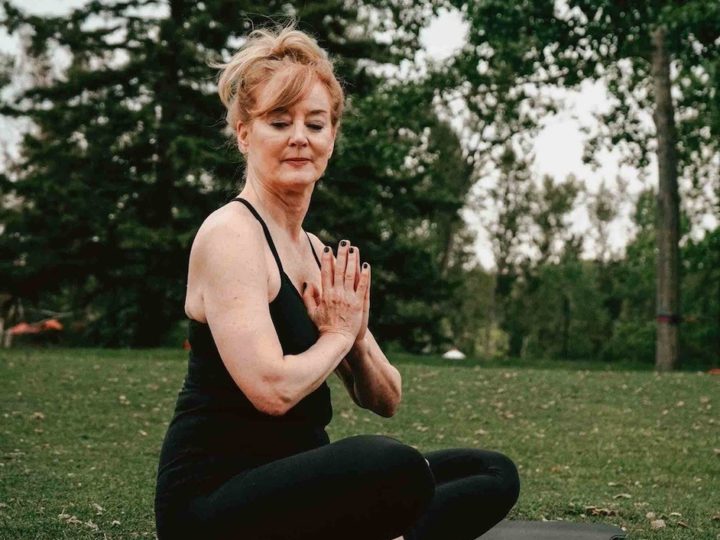
Building good habits is like building an algorithm, which is a set of rules or a process set in place to solve a problem.
Let’s understand the overall process to help us create our own rules!
According to B.J. Fogg, a behavior scientist and researcher at Stanford University, creating real lifelong habits happen when we put the focus on training our brain to succeed at a small adjustments, then gaining confidence from that success.
By following our own rules, we can support ourselves in creating and maintaining the habits and lifestyle that supports our health and well-being.
Let’s start by asking ourselves these important questions:
1) What Do You Want?
First, you have to get clear on the habit you want to create in your life. It can be anything that you wish to achieve. Examples include getting in shape, practicing a sport or art, being more consistent with cleaning, releasing stress from work, eating better, becoming more flexible, etc.
Pick a goal that is authentic to you. You’ll have more motivation to keep up with it.
2) What Does It Look Like?
What does your goal look like in small, simple steps? What are some ways you can support your new habit?
Start with small recurrent goals. Choose goals that are easy to achieve and repeat. This can look like taking 5 big, deep breaths every hour, doing daily push ups, drinking enough water, or reading one new article on a topic of your interest every day.
By focusing on the goals you can achieve NOW, you have no excuse but to do them.
3) Where Does It Fit Into Your Life?
Where do these goals naturally fit in your existing routine? For example, if your goal is to meditate more, you can probably fit in a 5 minute session before you get out of bed.
If your goal is to do a certain amount of pushups, set up a time every 2 hours to churn out those reps.
Let’s say you want to eat more mindfully. Carve out a 3 minute window before you step into the kitchen to cook and tune in with your body and assess your nutritional needs.
Goals work best when they fit into the flow of your life and routine.
Start small and find windows of opportunity that you are most likely going to stick to.
4) How Will You Support Yourself?
You are much more likely to stick to your goals if you do something that makes you feel good, right after. It can be something as small as giving yourself a compliment, playing your favorite song or taking a refreshing cold shower after a good sweat.
As you continue to hit your goals consistently, you can reward yourself for your weekly, monthly, and even yearly commitment.
Planning these rewards is a great way to keep you motivated and focused on your goals- and it gives you something to look forward to.
By asking yourself these questions consistently and staying true to the answers, you will build lifelong habits that support your physical, mental, and emotional health and well-being.
Whether your goal is to master a muscle up, do a handstand, stay generally fit and strong, or become more in tune with your body, I will help you answer your questions and outline the steps you need to crush your goals.
Nicolas.





